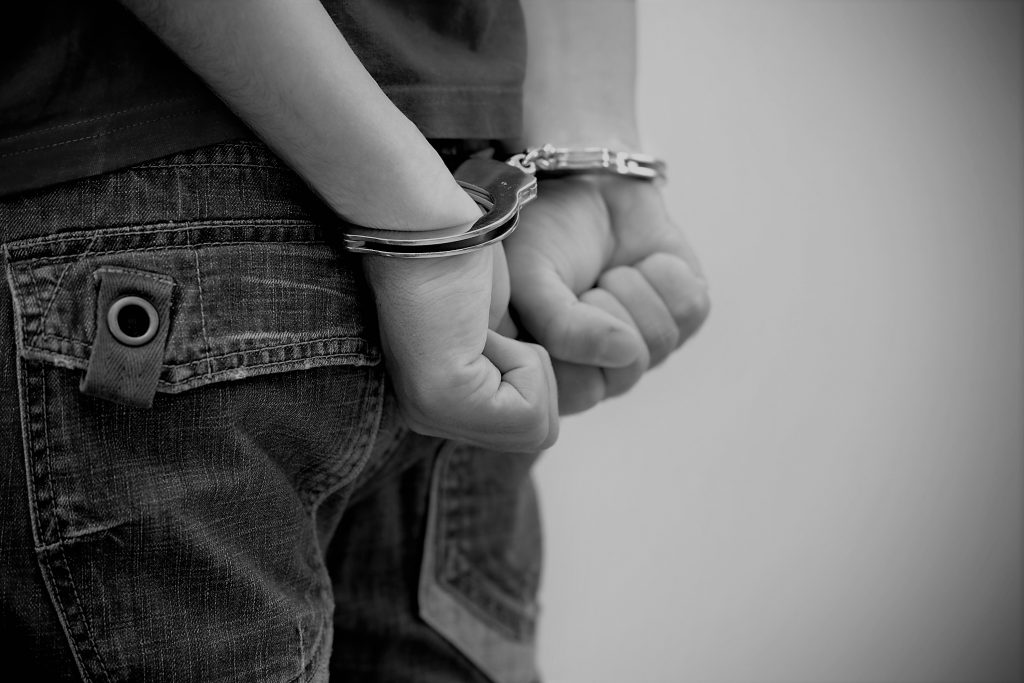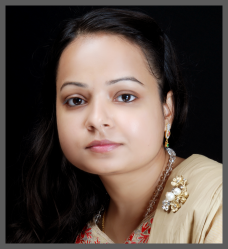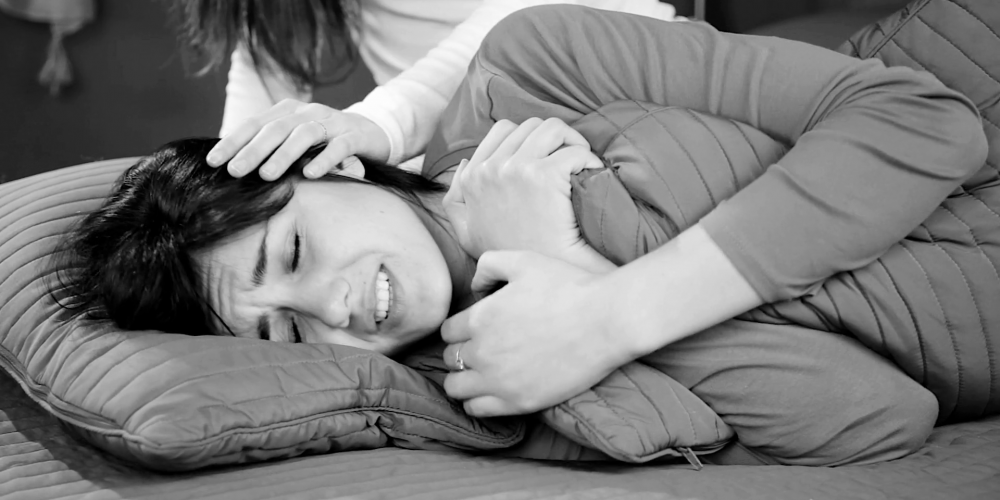A global survey exposes a vicious cultural agreement that women have little value in our society.
I am proud of the beauty and the ancient culture of my country, India. I am not proud of the fact that India has been named the most dangerous country in the world for women in a recent Thomson Reuters Foundation survey.
Perceptions matter. Perceptions dictate who we like, what happens to the stock market and who becomes the prime minister or president of a country. Perceptions of how women should be treated create a rape culture.
It is a jolt to see India scoring worse than war-torn countries such as Afghanistan or Syria or monarchies such as Saudi Arabia, where women have few rights. Everyone expects more and better for women from India, the world’s largest functioning democracy. That is precisely why it shocks.

A global survey exposes a vicious cultural agreement that women have little value in our society
Indian women are in a constant state of vigilance, like a country on terrorist alert
After all, the Indian constitution enshrines women’s rights to equality, including freedom of voice, movement and rights over their own bodies. India’s designation hurts national pride because it is a country where millions of smartly dressed women go to work in high-rise offices every day, where laws have changed to protect women and where women and men have spilled into the streets to protest against the grotesque rapes of toddlers, the gang rape of eight-year-olds, and of young women activists protesting at the trafficking of women.
The biggest contribution of the Thomson Reuters Foundation survey is that it reframes questions about the gender gap or gender equality into a question about women’s safety and danger. It is no longer a philosophical issue of rights. It simply asks: are women safe and free? It forces us to consider cultural forces and the implementation of laws that impact how women are actually treated in a culture, despite formal law, education, employment or income.
India is in denial of the fact that a majority of its women do not feel safe alone on the streets, at work, in markets, or at home, even though they have learned how to cope with this existential anxiety. When I asked young educated women in Delhi if they feel safe, most said no. And most of those who said yes had learned to modify their behaviours to feel safe – they don’t go out alone unnecessarily; come home at night before dark; get permission to go out; are always careful and alert; and they censor their speech, their clothes and their body posture, including whether or not they look men in the eyes.
Indian women are in a constant state of vigilance, like a country on terrorist alert. Satish, a 52-year old banker, told me: “For rape there is no fixed time: always be alert.” No democracy is a democracy when half its population lives in fear.
Yet men are surprised when they hear this from women. Their common reaction is: “You must be mistaken.” The paradox is that women have protected men and their families by keeping quiet. This is honourable behaviour, a part of our “honour society”. But National Crime Records Bureau statistics for 2012 to 2016 show that approximately 40% of female reported rape victims were minors and 95% knew the rapist. The rapists belonged to the “circle of trust” of extended family and friends. Young girls have nowhere to go.
What rape statistics really reflect is a vicious cultural agreement that women have little value. Which means in turn that girls must be trained to act as if they do not exist, to minimise their presence to survive, to serve men and not inconvenience them. This sounds archaic in this day and age, but it is true in India and to a greater or lesser degree across many cultures, irrespective of wealth or education.

Ms. Priyanka Singh a pioneering women Pharmaceuticals entrepreneur
The dirty secret about men’s crass abuse of power through sexual violence against women has hit the global press. The “Me Too movement” in the US, in which highly successful and wealthy women finally broke the silence about their experiences of sexual violence, have resulted in the US ranking as the 10th most dangerous country for women in the poll of 198 countries. The irony is that without wide media coverage there is no possibility of cultural shift, and with media coverage, the illusion of women’s safety breaks and ratings plunge.
India – and the rest of the world – would do well to make women’s safety and freedom central goals of democracy and development, and learn about the science of cultural change.
Advertising firms and big data companies know how to change culture. We need to harness these skills to change conversations about what it means to be a man, so women can flourish without being imprisoned in the name of safety.
Source: www.theguardian.com by Deepa Narayan)


